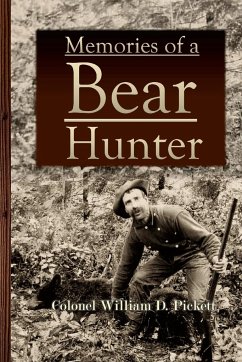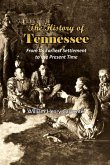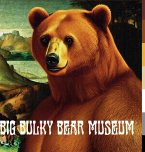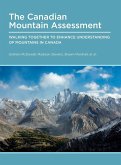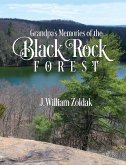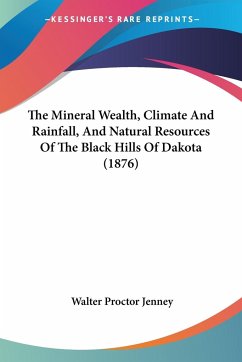"Had more encounters with grizzly bears than any other man who ever lived." - New York Times, 1969 "The most celebrated American hunter of that period was Pickett, he shot literally hundreds of grizzlies." -Ballistics, 1955 "In the season of 1881, he killed twenty-three ... life in those mountains frequently brought him in contact with that king of the beasts of the North American Continent, the grizzly bear." - E. Polk Johnson, 1912 "I determined early in my experience that to run away from an angry bear was useless," is but one sound observation Pickett imparts from his years of hunting the grizzly in Wyoming and Montana. After serving in the Mexican and Civil War, fighting Comanches on the border, in 1876 a voice from the wilds was heard beckoning William Pickett to follow to the solitudes and grandeur of the plains and mountains of the Great West, where practically everything was in the state of nature, unchanged by the contaminating touch of civilization. He was unable to resist the call and in consequence, on July 22, 1876, he embarked on the steamer "Western" at Bismarck, the then western terminus of the Northern Pacific Railroad, for a voyage up to the head of the Great Missouri, the only means of transportation at that date into those comparatively unknown regions. In 1913, William Pickett (1827-1917) published a 125-page chapter on his grizzly bear hunting experiences in a book of collected works published by the Boon & Crockett Club under the title "Hunting at High Altitudes." At this time this immense territory was in a state of nature as far as wild animal life was concerned. The mountains of the area described above were full of large bands of elk and an abundance of white and black tail deer, besides a fair abundance of grizzly and black bear and other predatory animals. Life in those mountains frequently brought Pickett in contact with that king of the beasts of the North American Continent, the grizzly bear. In several instances Colonel Pickett was probably saved from the bear's claws by a faithful and courageous dog. After he had become familiar with the habits and actions of this beast, in the season of 1881, he killed twenty-three of them, packing into winter quarters at Bozeman, Montana, twenty-one of their hides.
Hinweis: Dieser Artikel kann nur an eine deutsche Lieferadresse ausgeliefert werden.
Hinweis: Dieser Artikel kann nur an eine deutsche Lieferadresse ausgeliefert werden.

